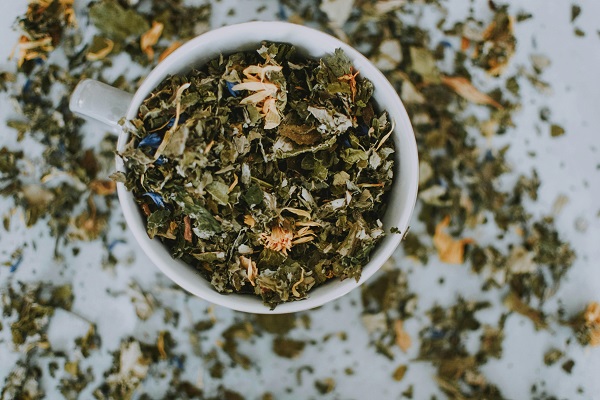 Credit: Pexels - lilartsy
Credit: Pexels - lilartsy
In the latest in a series of articles about current conservation issues, experts at natur&ëmwelt, a leading conservation NGO in Luxembourg, shared information with Chronicle.lu about the healing power of plants.
Natur&ëmwelt volunteer Mithila Unkule helped collect the relevant information from the NGO for this article.
Chronicle.lu: Why are plants considered so vital in medicine?
Natur&ëmwelt: Plants have been used in traditional medicine for thousands of years, long before the advent of modern pharmaceuticals. They contain a mix of bioactive compounds that can have therapeutic effects. For example, many common medications today are derived from plants or inspired by plant compounds. The painkiller aspirin, for instance, is based on salicin found in willow bark.
Chronicle.lu: Interesting. Can you provide examples of plants and herbs with notable medicinal properties?
Natur&ëmwelt: Absolutely. There are countless examples, but I'll mention a few prominent ones:
- Aloe Vera: Known for its soothing properties, aloe vera is often used to treat burns, cuts, and skin conditions. It has anti-inflammatory and antibacterial effects.
- Turmeric: This vibrant yellow spice contains curcumin, which has powerful anti-inflammatory and antioxidant properties. It's used to treat a range of conditions, from arthritis to digestive issues.
- Ginger: Commonly used to alleviate nausea and digestive problems, ginger has potent anti-inflammatory and antioxidant effects.
- Peppermint: Known for its digestive benefits, peppermint can help alleviate symptoms of irritable bowel syndrome (IBS), reduce nausea and improve overall digestion.
- Lavender: Widely used for its calming effects, lavender can help reduce anxiety, improve sleep quality and alleviate headaches.
Chronicle.lu: How do these plants work on a biochemical level?
Natur&ëmwelt: Each plant contains unique compounds that interact with our body in different ways. For example, the curcumin in turmeric modulates various signalling molecules, reducing inflammation at the cellular level. Similarly, gingerols in ginger inhibit inflammatory pathways and have antioxidant effects that protect cells from damage.
Chronicle.lu: It is clear that plants have significant medicinal potential. How is this knowledge being applied in modern medicine?
Natur&ëmwelt: Many modern drugs are developed by isolating and modifying compounds found in plants. Additionally, there is a growing interest in combining traditional herbal remedies with conventional medicine, a practice known as integrative medicine. This approach can offer a more holistic way to manage health, leveraging the benefits of both modern pharmaceuticals and traditional plant-based treatments.
Chronicle.lu: How does the traditional practice of Ayurveda fit into this discussion?
Natur&ëmwelt: Ayurveda, a holistic healing system from India, uses a variety of plants and herbs in its treatments. It emphasises balance in the body through diet and herbal treatments. Many Ayurvedic herbs, such as ashwagandha and holy basil (tulsi), are recognised for their adaptogenic properties, helping the body resist stress and maintain balance.
Chronicle.lu: Does that mean we can rely on plants for treatment of illnesses and diseases?
Natur&ëmwelt: While plant-based remedies can be useful in building a stronger immune system or taking care of certain disorders, I do not advocate it as an alternative to conventional medical practices. While medicinal plants can be beneficial, it's essential to use them safely, and with supervision. I recommend consulting with a healthcare provider before starting any new herbal regimen, especially if you're already taking other medications.
Chronicle.lu: Finally, what are some tips for those interested in growing their own medicinal plants?
Natur&ëmwelt: Growing medicinal plants can be a rewarding experience. Some easy-to-grow options include basil, mint and chamomile. Make sure you understand the specific needs of each plant, such as sunlight, soil type and watering requirements. Not only will you have a fresh supply of medicinal herbs, but you'll also gain a deeper appreciation for the healing power of nature.








